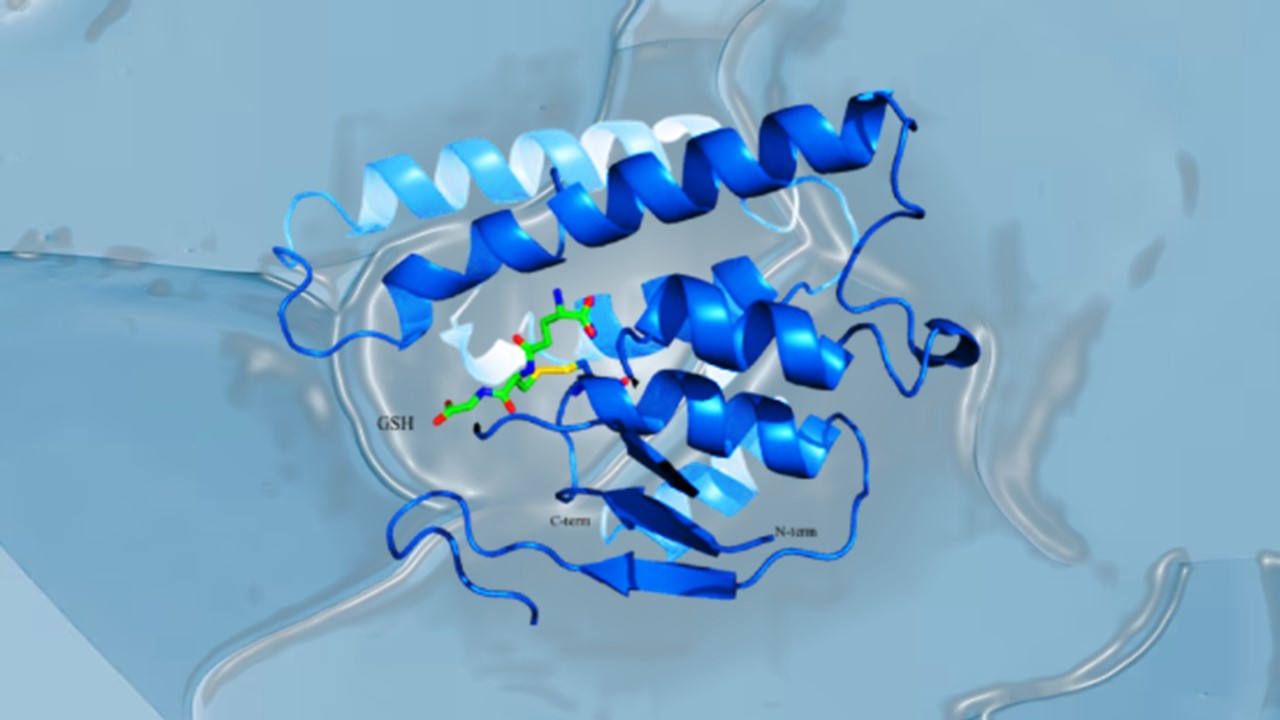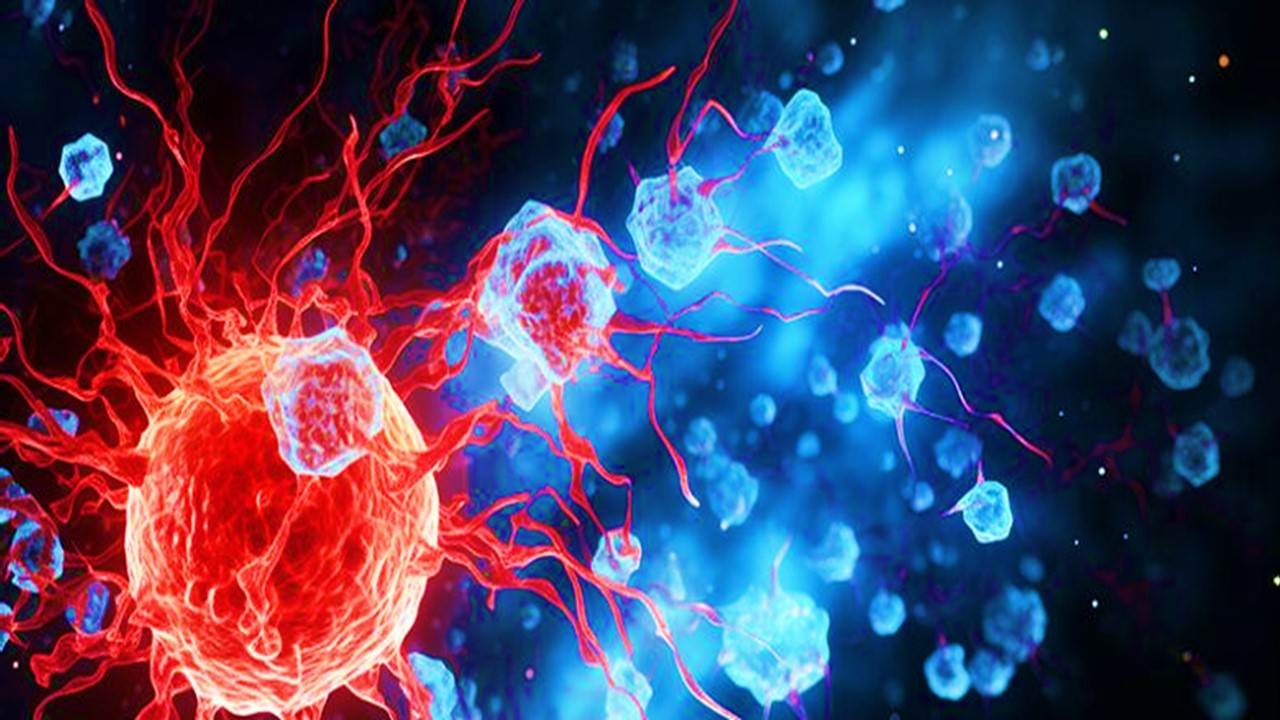Cancer, a complex and multifaceted disease characterized by uncontrolled cell growth and proliferation, has the ability to create a highly intricate immunosuppressive microenvironment that evades the immune system’s surveillance and eradication. Understanding the intricate immunological landscape of cancer is crucial for devising effective strategies for immune reconstitution that can harness the body’s inherent capabilities to combat malignancies. A comprehensive exploration of the intricate molecular interactions and immunological phenomena involved in cancer immunology unravels the complexity of the interplay between cancer cells and the immune system, ultimately shedding light on potential avenues for immune reconstitution to bolster the body’s ability to fight malignancies.
Evading Immune Recognition: Strategies of Cancer Cells
Cancer cells employ a range of sophisticated mechanisms to evade immune recognition and eradication. They can downregulate or mutate molecules involved in antigen presentation, impairing the ability of immune cells to recognize cancer-specific antigens. Moreover, tumor cells manipulate immune checkpoints, such as the PD-1/PD-L1 pathway, to suppress immune responses and create an immunosuppressive milieu. This disruption of immune checkpoints serves as a crucial mechanism by which cancer cells evade T cell-mediated immune destruction. Additionally, tumors can recruit immunosuppressive cell populations, such as regulatory T cells (Tregs) and myeloid-derived suppressor cells (MDSCs), which dampen the anti-tumor immune response and promote immune tolerance.
The Tumor Microenvironment: Shaping the Immunological Landscape
Within the tumor microenvironment, an intricate interplay between cancer cells, immune cells, and stromal components shapes the immunological landscape. Cancer-associated fibroblasts, tumor-associated macrophages, and other stromal cells actively contribute to immune modulation, angiogenesis, and tissue remodeling within the tumor microenvironment. These non-malignant cells secrete a variety of factors, including cytokines, chemokines, and growth factors, that shape the tumor immune response and influence disease progression.
Tumor-Specific Immune Responses: Innate and Adaptive Interactions
Tumor-specific immune responses involve the activation of innate and adaptive immune cells. Dendritic cells play a critical role in antigen presentation and the priming of tumor-specific T cell responses. Cytotoxic CD8+ T cells recognize tumor antigens presented on major histocompatibility complex class I molecules and exert effector functions to eliminate cancer cells. CD4+ T helper cells provide critical support for anti-tumor immune responses through the secretion of cytokines and the regulation of immune cell functions. B cells can also contribute to tumor immunity by producing tumor-specific antibodies and presenting tumor antigens to T cells.
Immunosuppressive Mechanisms in Cancer
However, the immune system’s ability to control and eliminate cancer cells can be hampered by multiple immunosuppressive mechanisms. Tumor cells and the tumor microenvironment produce a variety of inhibitory factors, including transforming growth factor-beta (TGF-β), interleukin-10 (IL-10), and indoleamine 2,3-dioxygenase (IDO), which dampen immune responses and promote immune tolerance. Moreover, immunosuppressive cells, such as Tregs and MDSCs, actively suppress anti-tumor immune responses and inhibit the cytotoxic activity of effector cells. The upregulation of immune checkpoint molecules, such as PD-L1, on tumor cells further inhibits immune cell activation and promotes immune escape.
Strategies for Immune Reconstitution in Cancer
Strategies for immune reconstitution in cancer aim to overcome these immunosuppressive barriers and enhance anti-tumor immune responses. Immune checkpoint inhibitors, such as anti-PD-1 and anti-CTLA-4 antibodies, have revolutionized cancer treatment by releasing the brakes on T cell-mediated immunity. By blocking the interaction between immune checkpoints and their ligands, these therapies enhance T cell activation, proliferation, and effector functions, leading to enhanced anti-tumor responses. Additionally, adoptive cell therapies, such as chimeric antigen receptor (CAR) T cell therapy, involve the genetic engineering of patient’s own T cells to express CARs that specifically recognize and target cancer cells. These approaches offer promising avenues for immune reconstitution by empowering the immune system to mount more effective anti-tumor responses.
Challenges and Future Directions in Cancer Immunology
The dynamic nature of cancer and its ability to adapt and develop resistance pose ongoing challenges in the pursuit of effective immune reconstitution strategies. The identification of additional immune evasion mechanisms employed by cancer cells, the characterization of immunosuppressive cell populations, and the development of combinatorial therapeutic approaches are essential areas of research in cancer immunology. Furthermore, the identification of predictive biomarkers that can guide treatment decisions and the integration of precision medicine approaches offer exciting prospects for tailoring immune reconstitution strategies to individual patients.
Precision Medicine and Personalized Immune Reconstitution
In conclusion, comprehending the intricate immunological landscape of cancer and the mechanisms by which cancer cells evade immune surveillance is paramount for developing effective strategies for immune reconstitution. The field of cancer immunology continues to uncover the complexity of the interplay between the immune system and malignancies, offering new avenues for immune-based therapies and personalized treatment approaches. By harnessing the body’s innate immune potential and overcoming immunosuppressive barriers, immune reconstitution strategies hold the potential to revolutionize cancer treatment and improve patient outcomes.
Engr. Dex Marco Tiu Guibelondo, BS Pharm, RPh, BS CpE
Subscribe
to get our
LATEST NEWS
Related Posts

Immunology & Oncology
The Silent Guardian: How GAS1 Shapes the Landscape of Metastatic Melanoma
GAS1’s discovery represents a beacon of hope in the fight against metastatic disease.

Immunology & Oncology
Resistance Mechanisms Unveiled: The Role of Glutathione S-Transferase in Cancer Therapy Failures
Understanding this dual role of GSTs as both protectors and accomplices to malignancies is central to tackling drug resistance.
Read More Articles
Myosin’s Molecular Toggle: How Dimerization of the Globular Tail Domain Controls the Motor Function of Myo5a
Myo5a exists in either an inhibited, triangulated rest or an extended, motile activation, each conformation dictated by the interplay between the GTD and its surroundings.
Designing Better Sugar Stoppers: Engineering Selective α-Glucosidase Inhibitors via Fragment-Based Dynamic Chemistry
One of the most pressing challenges in anti-diabetic therapy is reducing the unpleasant and often debilitating gastrointestinal side effects that accompany α-amylase inhibition.













